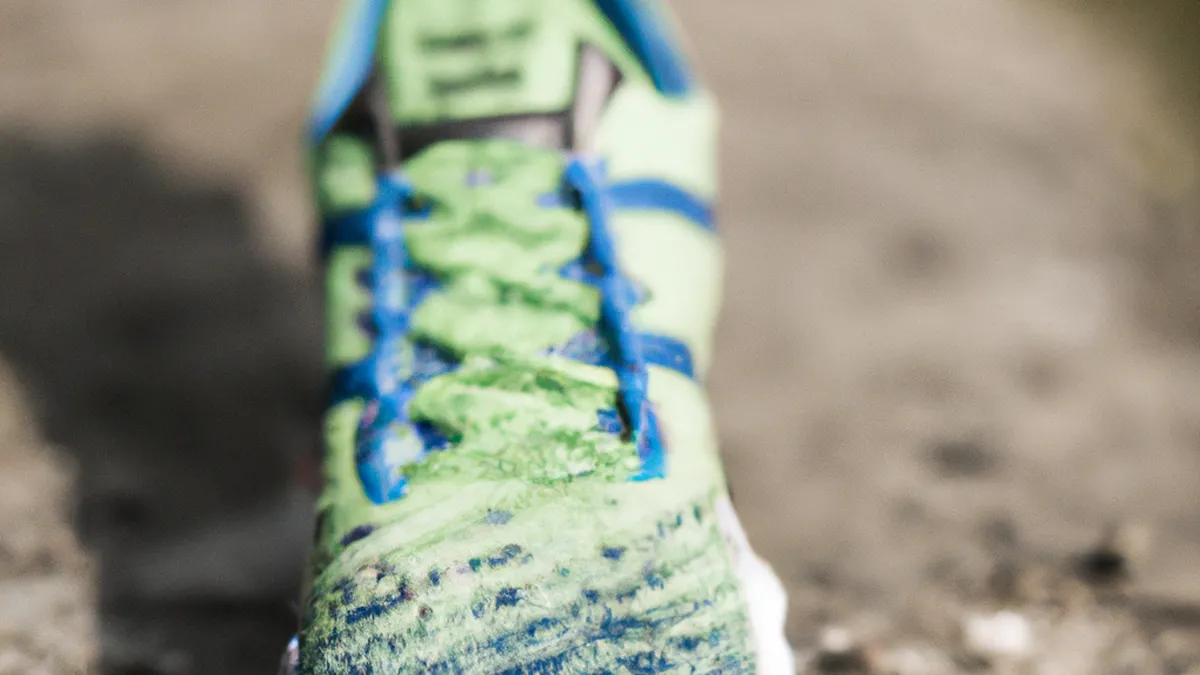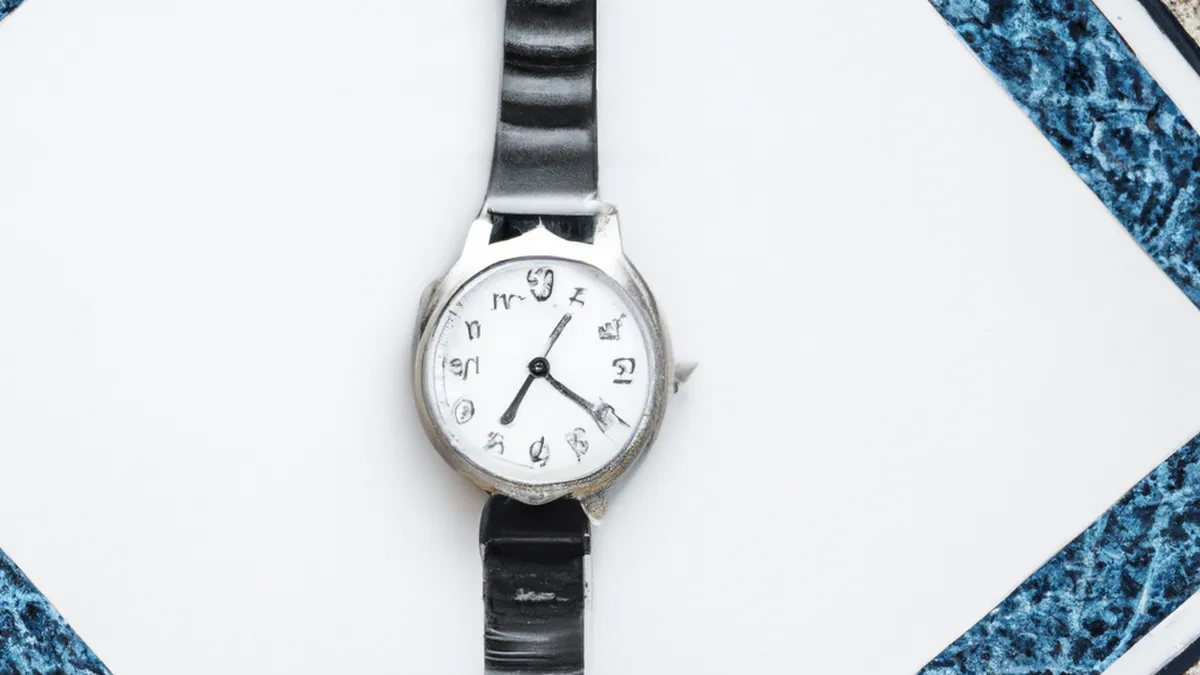Muddy Terrain vs. Rocky Paths: Shoe Choices
Choosing the Right Trail Shoes for Different SurfacesHitting the trails excites running enthusiasts and nature lovers. The right footwear enhances your adventure. Trail shoes suit varied terrains, so choosing the right pair ensures comfort, performance, and safety. This article helps you select the best trail shoes for different surfaces, preparing you for your outdoor excursions.
Understanding Trail Surfaces
Before buying trail shoes, consider the terrain you’ll encounter. Each surface requires specific footwear features. Here are common trail surfaces:
Grass and Dirt Trails
Grass and dirt trails feel soft and forgiving, perfect for beginners or casual runners. These trails appear in parks and nature reserves, often featuring gentle inclines. For these surfaces, choose shoes with moderate cushioning and a flexible sole. A moderately aggressive outsole provides grip without excessive ruggedness, allowing easy transitions to other surfaces.
Rocky and Technical Trails
Rocky trails present challenges with uneven surfaces, large stones, and varying elevations. Here, slips and falls pose higher risks, requiring shoes with excellent traction. Look for deeper lugs on the outsole for grip and stability. A protective toe cap shields your feet from sharp objects, while a rock plate in the midsole protects against punctures. A supportive fit helps you navigate these challenging terrains confidently.
Muddy Trails
Muddy trails test your footwear’s capabilities. You need shoes that maintain traction on slippery surfaces. Choose shoes with mud-friendly outsoles designed to shed mud easily. These soles have wider, aggressive lugs that grip soft, slippery surfaces better. Waterproofing keeps your feet dry and comfortable in wet conditions.
Asphalt and Hardpack Trails
If you run frequently on asphalt or hardpack surfaces, select a different type of shoe. Hard surfaces provide less cushion, so choose shoes with a firmer midsole for stability and support. A smooth outsole helps transition between trail and road running, offering versatility for various environments. These shoes may not be as rugged but should provide enough grip for occasional off-road adventures.
Tips for Choosing Trail Shoes
As an Amazon Associate I earn from qualifying purchases.
Gear tip: consider running shoes, gps running watch, and heart rate strap to support this topic.
1. **Know Your Foot Type**: Understanding your arch type helps you select the right shoe. Flat, neutral, and high-arched feet need different features. Visit a specialty store for fitting; they can analyze your gait and suggest options.2. **Try Before You Buy**: Don’t rely solely on online reviews. Always try on several pairs to find the best fit.
Conclusion
Choosing the right trail shoes enhances your running experience on various surfaces. Make informed decisions to ensure comfort and safety.
Below are related products based on this post:
FAQ
What factors should I consider when choosing trail shoes?
Consider the terrain you will encounter, as each surface requires specific footwear features. For example, grass and dirt trails need moderate cushioning, while rocky trails require excellent traction and protective features.
What type of shoes are best for muddy trails?
For muddy trails, choose shoes with mud-friendly outsoles designed to shed mud easily. Look for wider, aggressive lugs that provide better grip on slippery surfaces and consider waterproofing to keep your feet dry.
How important is it to know my foot type when selecting trail shoes?
Knowing your foot type is crucial as it helps you select shoes that accommodate your arch type, which can enhance comfort and performance. Visiting a specialty store for fitting can provide valuable insights into the best options for your feet.















Post Comment